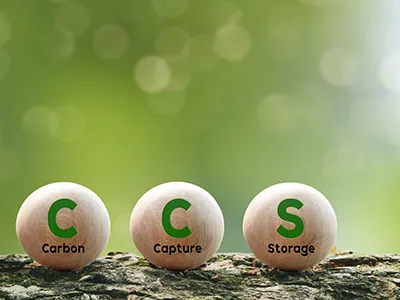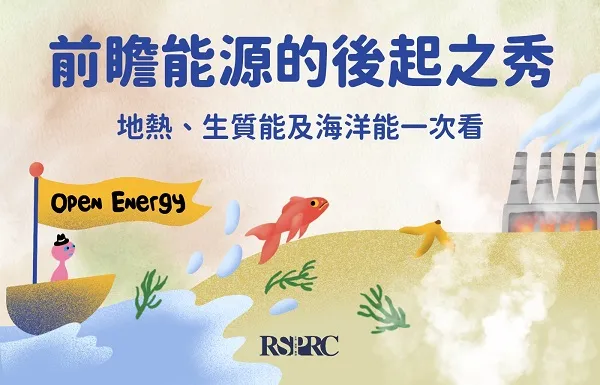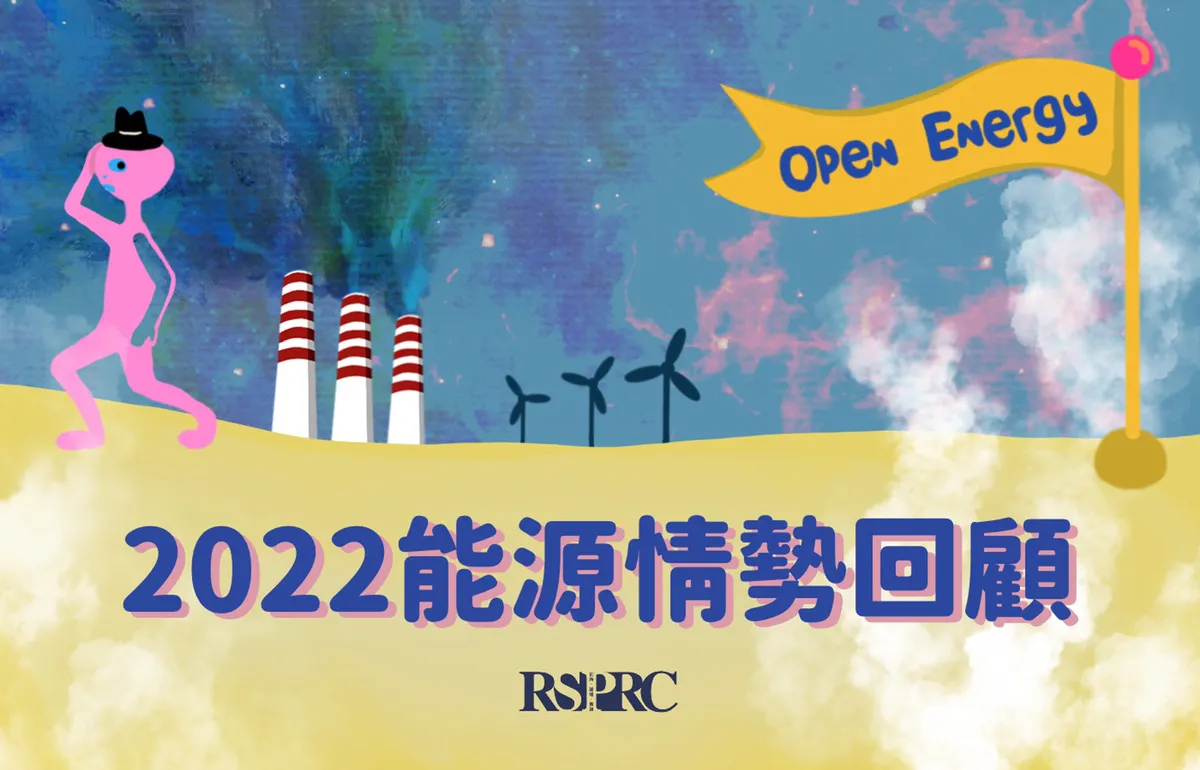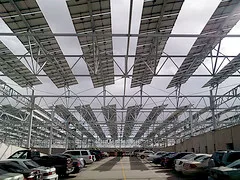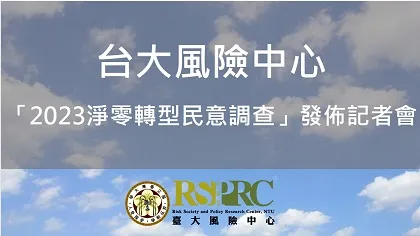National Taiwan University's Risk Society and Policy Research Center (RSPRC) has been monitoring Taiwan's top 10 greenhouse gas-emitting companies since 2017. The center published the first edition of the "Corporate Climate Action Tracker" report in 2019 to identify Taiwan's leading industries and corporations by their greenhouse gas emissions.
Businesses have an increasing responsibility to address global climate change as risks intensify. Extreme weather events, such as droughts, floods, and hurricanes, pose serious threats to global economic and social stability. Companies, as key drivers of economic activity, are responsible for reducing their carbon footprints, improving energy efficiency, and advancing sustainable development.
The Risk Society and Policy Research Center at National Taiwan University has released a report on the third just transition survey, calling for greater attention to two major challenges: net-zero emissions for workers, young people, and disadvantaged groups and the impact of climate change.
The Climate Governance Barometer (CGB) is the survey analysis developed by the Risk Society and Policy Research Center, National Taiwan University (RSPRC) to illustrate public attitudes toward climate issues in Taiwan. There are two principal reasons for the significance of climate change issues to Taiwan. On the one hand, the increasing frequency of extreme climate events like typhoons and droughts, has caused lots of loss and damage, directly impacting citizens’ daily lives and safety. On the other hand, as one of the world’s most important economies, Taiwan faces the potential challenges of meeting international commitments and reducing greenhouse gas (GHG) emissions.
In recent years, the assessment of climate risks has had a profound effect on the sustainability of business operations. To address this challenge, the Financial Stability Board (FSB) established the Task Force on Climate-related Financial Disclosures (TCFD) in 2015, which issued relevant guidelines in 2017. However, as climate risk issues have become more complex, the TCFD announced its dissolution in 2023, transferring its oversight responsibilities to the International Financial Reporting Standards (IFRS) Foundation.
In 2022, the Risk Society and Policy Research Center at National Taiwan University initiated the Corporate Climate-Related Financial Disclosure Survey. With Fubon Financial Holdings' continued sponsorship and support, the scope of the survey was expanded in 2023, and the issue was further explored in 2024. On June 5,...
In the first part of this series, it was mentioned that the measures to reduce carbon emission in the petrochemical industry can be summarized in an acronym SCUR which represents 4 words: Save, Capture, Utilization, and Renewable/Recycle. The first two articles in this series introduce Carbon Capture and Storage (CCS) and energy saving. In this article the Utilization (CCU) part is discussed. The objective is to introduce a variety of ways carbon dioxide could be used to reduce carbon emission.
In 2023, CPC Corporation(中油), Taiwan (hereinafter referred to as CPC) planned to initiate a carbon storage experiment in the Tieh–Chen Mountain(鐵砧山)area of Tunghsiao(通宵)Township, Miaoli County. The experiment represents an important step of Taiwan to realize carbon storage. This article was to explain why CPC selected this site for the carbon storage test, and how CPC plans to address social communication around carbon storage.
During the course of the Russia–Ukraine war, which began in 2022, Russia has bombed Ukraine with missiles, destroying Ukraine's electric power infrastructure and causing widespread blackouts in various regions, affecting winter heating supplies, and possibly causing residents to flee or freeze to death. According to reports from Independent (2022) and BBC (2022), Ukrainian officials described Russia's wartime actions as energy genocide.
At this year's COP28, the Global Stocktake emphasized the need for all countries to triple their installed capacity for renewable energy by 2030. Therefore, Taiwan must adopt more forward-looking strategies and actions to maximize emission reduction efficiencies.
At the Conference of Parties (COP)21 conference in 2015, the Paris Agreement was signed to curb global warming. Its goal was to ensure that the global average temperature does not exceed 2 °C above pre-industrial levels and to strive to limit it to 1.5 °C. However, according to the Provisional State of the Global Climate 2023 released by the World Meteorological Organization, ...
The year 2022 marks the first year of Taiwan's Net-Zero Emissions policy. Let us reflect on Taiwan's current status in energy development. Following its announcement of the "Taiwan's Pathway to Net-Zero Emissions in 2050" in March 2022, the National Development Council has further released the "12 Key Strategies" in December of the same year and amended the "2030 Carbon Reduction Goal", with the intention to progressively achieve a sustainable society with net-zero emissions by 2050. Among these proposals, "energy transition" is the top priority of Taiwan's pathway to net-zero emissions.
The UAE Consensus, passed at the 28th Conference of the Parties to the United Nations Framework Convention on Climate Change (COP28), calls on all parties to triple renewable energy capacity from 2022 levels or reach at least 11,000 GW by 2030. It also urges doubling the annual energy efficiency improvement rate from 2% in 2022 to 4% by 2030. This target not only serves as a key milestone on the pathway to global net-zero emissions by 2050 but also presents significant challenges in the governance of energy transitions.
Environmental issues in climate change, depletion of natural resources and energy crisis have posed great challenges on sustaining human beings. Many countries have come to realized that technology alone is not sufficient in dealing with the environmental problems
Over the years, the Risk Society and Policy Research Center, National Taiwan University (hereinafter referred to as RSPRC) has consistently conducted public opinion surveys on climate- and energy-related matters.




.jpg)
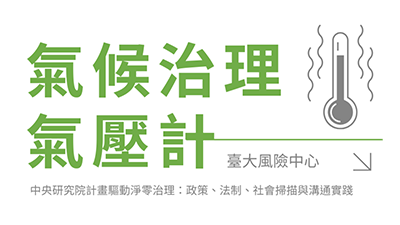

.jpg)

